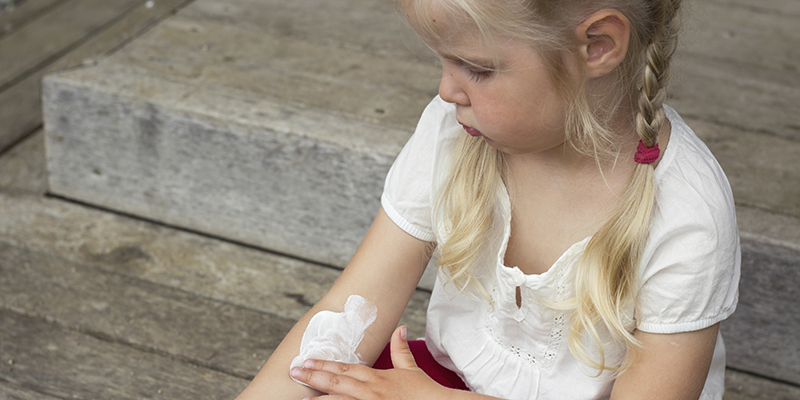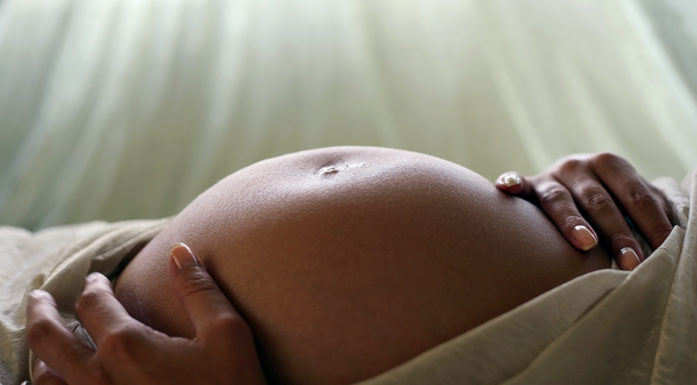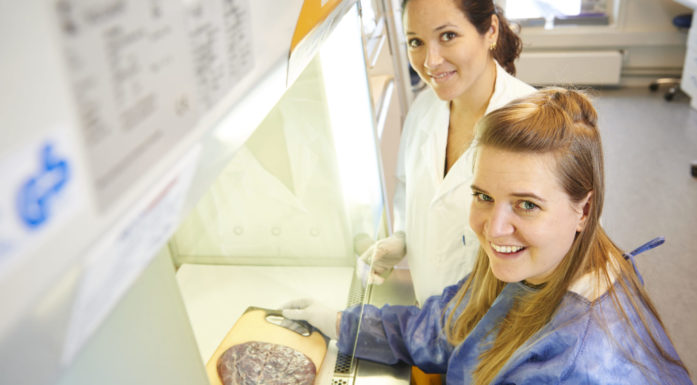Cultured milk for mom prevents eczema in kids
A daily glass of the cultured milk product called Biola for mom while she is pregnant, and during the first months of breastfeeding helps prevent eczema in children up to the age of six.
It has previously been shown that moms who drink a daily glass of a cultured milk product called Biola can prevent eczema in their children up to two years of age. Now, NTNU researchers have found that this effect lasts significantly longer. Biola is a cultured milk product sold in Norway that contains three added strains of lactic acid bacteria, Lactobacillus rhamnosos GG, L. acidophilus La-5 and Bifidobacterium animalis subsp. lactis Bb-12, marketed by the Norwegian company Tine BA.
For pregnant women and breastfeeding mothers, the recipe is simple: a glass of Biola every morning.
For mothers who don’t breastfeed, it is a little more complicated.
- You might also like: How should Norway legalize egg donation?
Probiotics in baby formula
In several countries, including the USA, probiotics are added to baby formula, to help prevent eczema among other things. The World Allergy Organisation recommends probiotics for pregnant and breastfeeding women, and directly to children on families with high instances of allergy-related illnesses.
“Currently, no probiotics are added to baby milk formula in Norway. Authorities say that documentation of the benefits is not good enough. This is partially correct, as we don’t know all of the details about how these bacteria affect children,” says Torbjørn Øien, associate professor at NTNU’s Department of Public Health and General Practice.
- You might also like: Protects mother’s health

Instead of protecting children from foods that might cause allergic reactions, children should be exposed to these foods to develop a tolerance for them, researchers say. Photo: Thinkstock
Small amounts early on
Eczema in children is a nuisance characterized by itchiness, pain, and sleep troubles. The amount of children that experience symptoms of eczema in industrialized countries has skyrocketed since the 1960s. The prevailing theory to prevent eczema has for many years been to remove foods that can cause allergies from a child’s diet, waiting until they are more developed to start eating things such as nuts, fish, and eggs.
Now, studies are showing that just the opposite may be better.
“It looks like we were wrong in eliminating food that children could become allergic to. Small tastes of these foods from as young as 3-4 months seems to be a much better way to build tolerance and prevent allergies,” says Øien.
Probiotics through fermented food
He explains that prior to industrialization, food was conserved in a completely different manner, and most people consumed a beneficiary amount of probiotics in their diets. It was much more common to preserve fruit and vegetables through a natural fermentation process, so probiotic cultures showed up in food all by themselves.
- You might also like: New app can help parents detect jaundice
Probiotics or placebo milk
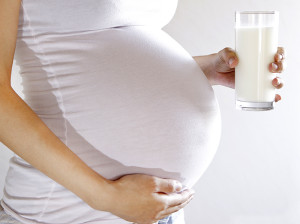
Moms should be consuming probiotics such as Biola during pregnancy. Photo: Thinkstock
Foto: Thinkstock
The Biola study at NTNU supports the theory that early exposure to lactic acid bacteria cultures is important. In the study, 415 pregnant women were divided randomly into two groups. Each woman drank either a glass of Biola or a glass of cultured placebo milk every day from week 37 of their pregnancy until three months after giving birth.
The children were then examined for symptoms of allergy related illnesses from the age of two to six. Although both the placebo milk and Biola are cultured milk products, Biola contains three strains of lactic bacteria that have documented health benefits.
The only difference between the two study groups was the probiotic cultures in the milk they drank.
40 per cent fewer eczema cases
Even from as early as the age of two, researchers saw 40 per cent less cases of eczema in the children of mothers who had consumed the probiotic milk. At the age of six, researchers still saw 30 per cent less cases of eczema.
“This tells us that the probiotics received prior to, and immediately after birth not only delays, but actually prevents eczema,” says Melanie Simpson, a PhD candidate at the Department of Public Health and General Practice.
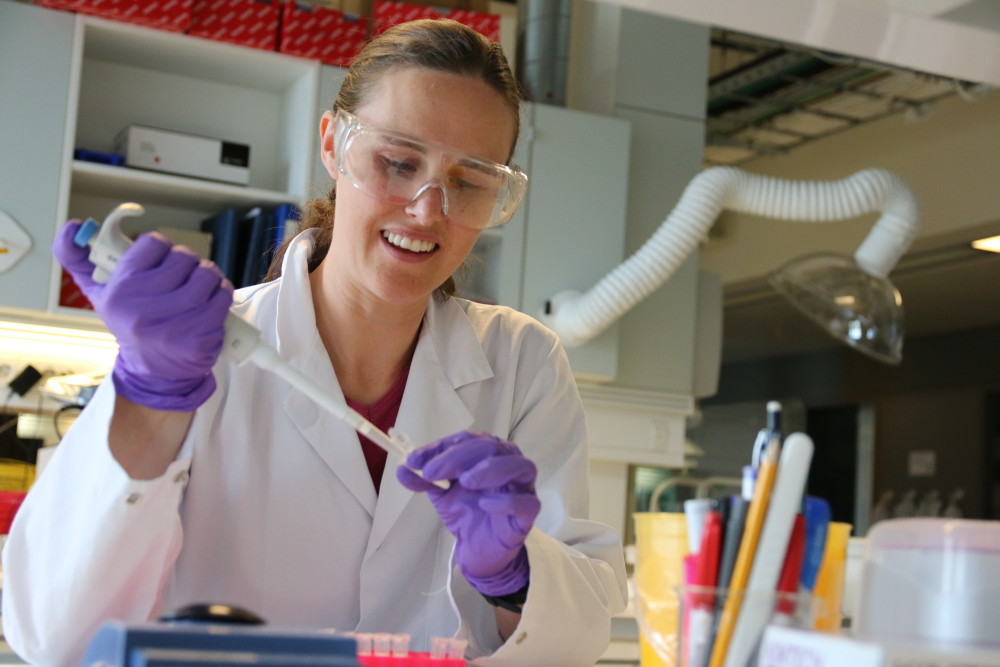
Melanie Rae Simpson, a medical doctor and PhD candidate in the Department of Public Health and General Practice, conducted follow-up research to see how probiotics affected eczema in children. Photo: Nancy Bazilchuk. NTNU
The study was random and double-blind, which means that the women in each test group were distributed randomly, and neither they nor the researchers knew who was consuming Biola, and who had the placebo milk. The researchers point out that many of the participants dropped out of the study starting at school age.
“We have to be careful in claiming how effective the probiotics are due to this falloff,” Simpson says.
Several studies have examined the preventative effect of probiotics on allergy-related illnesses, and together, these studies provide strong evidence that taking probiotics around birth helps prevent eczema.
The results of the follow-up at age six have been published in the journal BMC Dermatology.
The study was sponsored by Tine BA, who provided the research milk for the studies. Tine BA, however, had no part in the design of the study, data collection and analysis or publication of the results. Many milk products contain strains of probiotics, but Biola is unique in containing three strains.
